Keynote Speakers
Prof Dr Lorenzo Masia
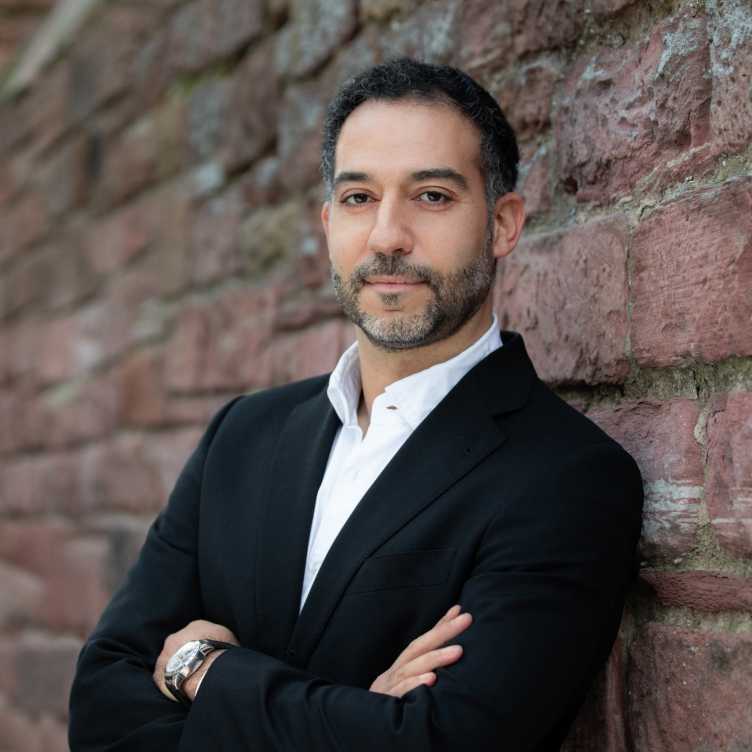
Control Strategies in soft robotics for rehabilitation and human assistance
Bio: Lorenzo Masia graduated in Mechanical Engineering at “Sapienza” University of Rome in 2003 and in 2007 He accomplished his PhD in “Mechanical Measurement for Engineering” at the University of Padua.
He started his path in robotics spending two years at the Mechanical Engineering Dept. of the Massachusetts Institute of Technology (MIT) (from Jan- 2005 to Dec 2006) working at the Newman Lab for Biomechanics and Human Rehabilitation.
He was then postdoctoral researcher at the Italian Institute of Technology (IIT) in the Robotics Brain and Cognitive Sciences Department and He started his academic path as Assistant Professor at the School of Mechanical & Aerospace Engineering (MAE) at Nanyang Technological University (NTU) of Singapore (2013-2018).
He was Associate Professor in Biodesign at the Department of Biomechanical Engineering of the University of Twente (The Netherlands) from June 2018 to March 2019.
Now, since April 2019, He is Full Professor in Medical Technology at Heidelberg University (Germany) at the Institute of Computer Engineering or Institut für Technische Informatik (ZITI), external page leading the ARIES Lab (Assistive Robotics and Interactive ExoSuits).
Prof Masia and his team were awarded multiple times in the leading conferences in Biorobotics and Robotic Rehabilitation winning two IEEE Best Student Paper Awards (IEEE ICORR2015 and IEEE Biorob2016), two IEEE Best Paper Awards (IEEE ICORR2011 and IEEE BIOROB 2022), and finalists of "Best Human-Robot Interaction (HRI) Paper Award" at IEEE ICRA 2017.
He has been appointed three times Program Chair for the IEEE International Conference in Rehabilitation Robotics (ICORR) 2015, IEEE Biorobotics and Biomechatronic Conference (BIOROB) 2016 and International Conference on Neurorehabilitation (ICNR 2018).
He served as Chairman for Workshop/Tutorial for the IEEE International Conference on Robotics and Automation (IEEE ICRA 2017), and He was the Co-Program Chair of IEEE ICORR 2017 (London, UK), and Co-Program Chair, Editor in Chief and Editor of Publication for IEEE Biorob 2018.
He will General Chair for IEEE BIOROB 2024 the leading conference in Biomedical Robotics and Biomechatronics hosted in Heidelberg.
Prof Dr Cristina Piazza
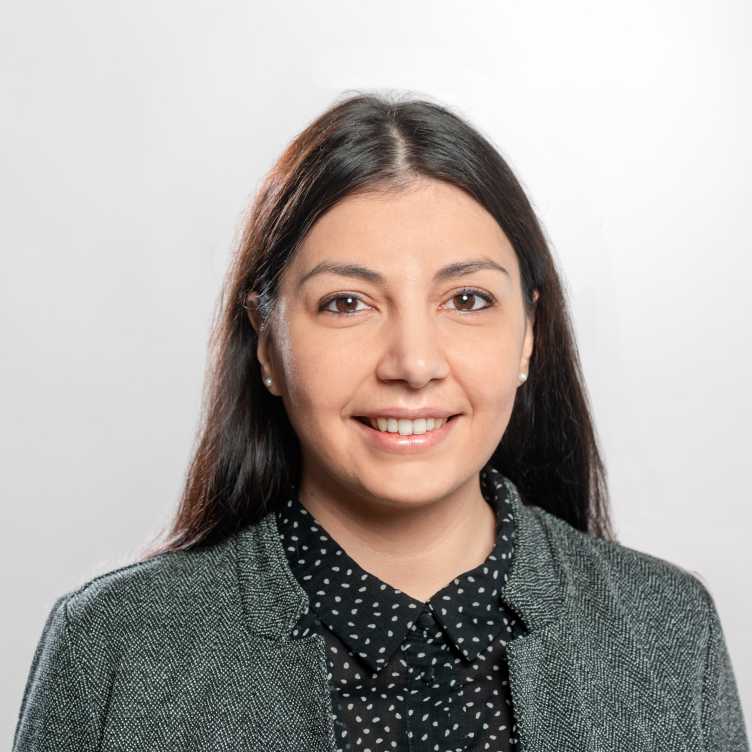
Soft upper limb prostheses: challenges and opportunities
Bio: Cristina Piazza is currently Assistant Professor for Healthcare and Rehabilitation Robotics at the Technical University of Munich (TUM). She received a B.Sc. in Biomedical Engineering and a M.S. in Automation and Robotics Engineering from the University of Pisa, Italy. In 2019, she earned her PhD degree (summa cum laude) in Robotics from the University of Pisa (Italy) under the supervision of Prof. Antonio Bicchi.
She subsequently moved to Chicago (IL, USA), where she worked as a postdoctoral researcher at the Northwestern University, with a joint appointment with the Shirley Ryan AbilityLab (former Rehabilitation Institute of Chicago).
Her main research interests include the design and control of soft artificial limbs for robotic and prosthetic applications. She has also experience in designing and conducting clinical trials with amputee subjects.
Dr Hong Kai YAP
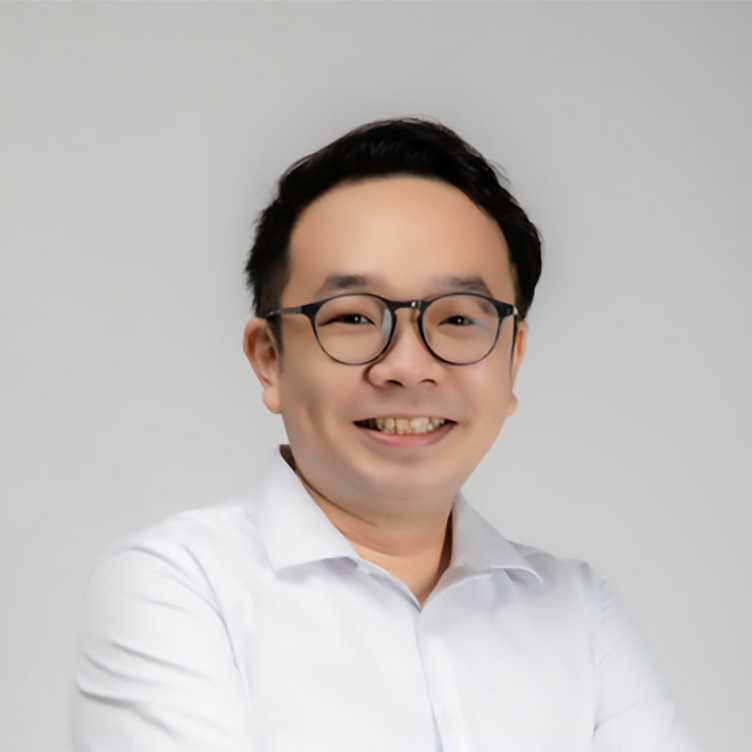
Soft Robotics Commercialization: Soft Robotic Glove from Research to Product
Bio: Hong Kai is the Co-founder and CTO of Roceso Technologies. Roceso Technologies is a Singapore-based medical device company offering wearable robotic solutions for the rehabilitation of patients with limb motor function impairments.
Hong Kai received his Ph.D. degree and B.Eng. (First Class Honours) in Biomedical Engineering from the National University of Singapore in 2017, and 2013 respectively. He has published more than 22 scientific publications and 16 conference presentations on his work on soft wearable robotics.
In 2019, he was featured on the Forbes 30 under 30 Asia list. His work on soft wearable robotics has received multiple awards, including Tan Kah Kee Young Inventors' Award 2018 and Institution of Engineers Singapore (IES) Prestigious Engineering Achievement Awards 2017.
Prof Dr Seng Kwee Wee
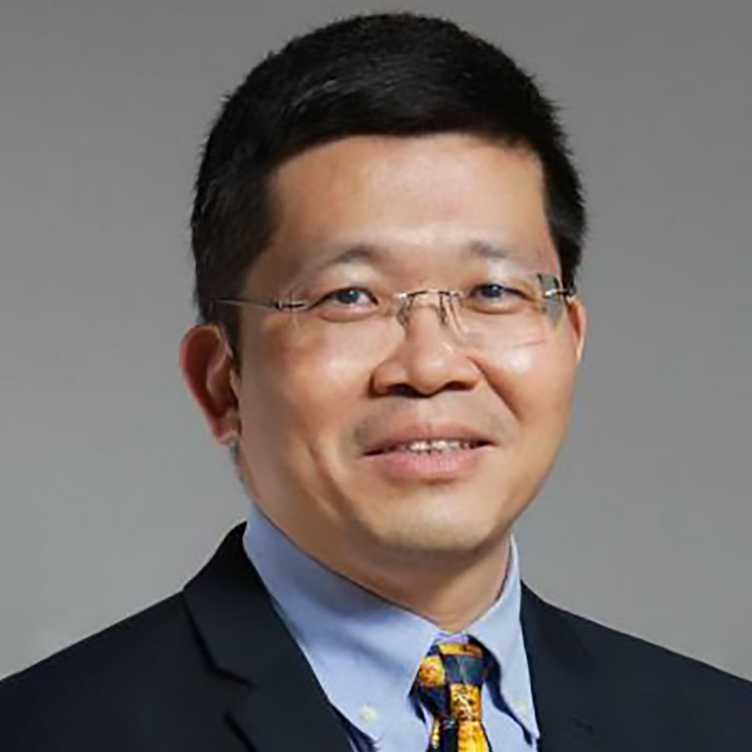
Restoring Hope, Rebuilding Lives: Transforming Clinical Practice with Soft Robotics
Bio: Associate Professor Wee Seng Kwee is a Senior Principal Physiotherapist who has been working in Tan Tock Seng Hospital Rehabilitation Centre, Singapore, for the past 29 years. He graduated from King’s College London with BSc(Hons) Physiotherapy in 1994, under the Public Service Commission (PSC) Scholarship. He obtained his PhD in Neurorehabilitation from the University of Southampton, United Kingdom in 2015.
Currently, he holds the joint appointment as Associate Professor at the Singapore Institute of Technology, teaching in the undergraduate physiotherapy and occupational therapy programmes. In addition, he is a Research Scientist at the Rehabilitation Research Institute of Singapore (RRIS), a joint research institute by National Healthcare Group initiated by TTSH Rehabilitation Centre, Nanyang Technological University and Agency for Science, Technology and Research (A*STAR). His research interests include neurorehabilitation, vestibular rehabilitation and rehabilitation technology. Being a passionate clinical educator, he is an active member of the Education Group of the International Industry Society in Advanced Rehabilitation Technology (IISART); contributing to the cause of creating awareness of clinical application of rehabilitation technology.
He is a Certified Brain Injury Specialist and a Vestibular Rehabilitation Therapist who manages patients with acquired brain injury, balance and vestibular dysfunction. He has been sharing his expertise in neurorehabilitation, vestibular rehabilitation and robot-assisted therapy via workshops conducted in Asia-Pacific and Europe since 1999. Prof Wee has published and presented papers on vestibular rehabilitation, brain injury, stroke and rehabilitation technology in local and international scientific conferences. He serves as an Executive Committee Member of the Neuro-Vestibular Special Interest Group of the Singapore Physiotherapy Association. Recently, he received the Outstanding Physiotherapist Award 2022 from the Singapore Physiotherapy Association for his impactful and lasting contribution to the profession, strong leadership, positive learning spirit and being a role model. In 2022, he was also awarded the Honour Roll Outstanding Clinical Educator Award by Tan Tock Seng Hospital
Prof Wee has been active in international volunteer work for numerous years since graduation as a physiotherapist. These works include teaching physiotherapy skills and knowledge to Laos physiotherapists, occupational therapists and doctors; training community lay volunteers post Aceh earthquake relief work; working with children with disabilities in orphanages in India and Romania; and working in a lepers’ colony in India.
Prof Dr Aaron Yurkewich

Human-Robot Interaction: Co-Designing Soft, Smart Robots that Augment Independence and Rehabilitation
Bio: I am an enthusiast of Athletics, Accessibility and Education and enjoy creating mechatronic systems and services that help people achieve their goals. My experience is in user-centred design and biomedical engineering with applications in surgical robotics and neurorehabilitation.
My Master’s works at the University of Western Ontario / Canadian Surgical Technologies and Advanced Robotics focus on the design and evaluation of sensorized surgical tools and lower limb rehabilitation interfaces. During my PhD at the University of Toronto / Toronto Rehabilitation Institute I designed the HERO Glove hand exoskeleton that is used globally to help people with disabilities use their hands.
I then became a post-doctoral researcher at Imperial College London where I designed a neurorehabilitation interface that modulates various stimulation modalities in response to neural activity and co-founded HumanRobotiX to make this technology accessible to researchers and clinicians worldwide. This year I am starting as an Assistant Professor in Mechatronics Engineering at Ontario Tech University, focusing on human-exosuit interaction across automotive, aging and medical sectors.
Prof Dr Kyu-Jin Cho
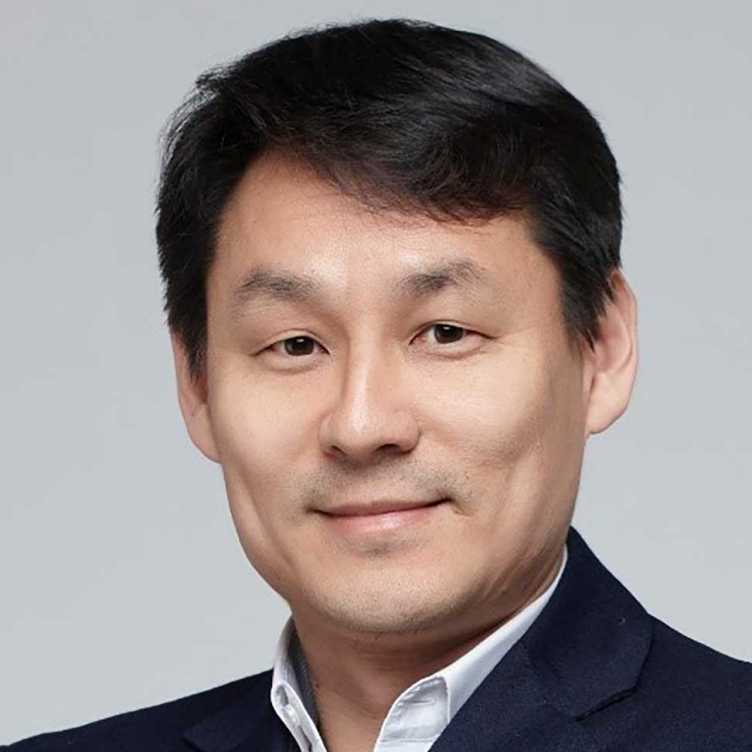
Soft wearable robots with tendon drives
Bio: Kyu-Jin Cho (Member, IEEE) received the B.S and M.S. degrees in mechanical engineering from Seoul National University, Seoul, South Korea, in 1998 and 2000, respectively, and the Ph.D. degree in mechanical engineering from the Massachusetts Institute of Technology, Cambridge, MA, USA, in 2007.,He was a Postdoctoral Fellow with Harvard Microrobotics Laboratory until 2008.
He is currently an Associate Professor of Mechanical and Aerospace Engineering and the Director of Biorobotics Laboratory, Seoul National University. His research interests include biologically inspired robotics, soft robotics, soft wearable robots, and rehabilitation/ assistive robotics.,Dr. Cho was the recipient of the 2014 IEEE RAS Early Academic Career Award, 2014 ASME Compliant Mechanism Award, and 2013 IROS Best Video Award.